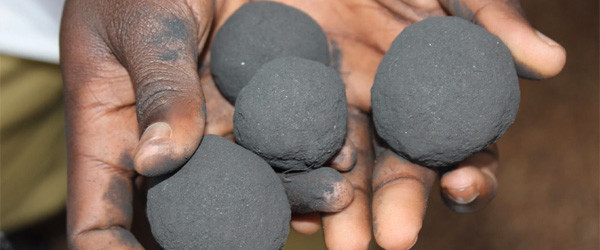Home
About Us
Page 2
The SBIR program is comprised of three stages: Phase 1 is where small business establish feasibility and technical merit of their proposed area of study, Phase 2 is where these people move forward to research and development efforts in order to advance their technology towards ultimate commercialization, and Phase 3 where they're supposed to have fully commercialized their technology using non-SBIR funds, which would mean they'd have to find a third-party financier.
|
|
The NIH has discovered that the small business concerns find it rather hard to move into Phase 3, due to the shortage of third-party funding.
In response, the NIH has developed the SBIR Phase 2B program where they will provide funding to small business concerns in need of such finances.
The NIH will give priority to projects that address one of the following areas: cancer therapeutics, cancer imaging technologies, interventional devices, and in vivo diagnostics, and in vitro and ex vivo cancer diagnostics and prognostics.
The NIH will administer a total amount of $10,000,000 which will be divided into 10 awards.
Eligible applicants for this program are small business concerns who, at the time of award of Phase I and Phase II, meets all of the following criteria:
a) Is organized for profit, with a place of business located in the United States, and operates primarily within the United States and makes a significant contribution to the United States economy by way of payment of taxes or use of American products, materials or labor
b) Is in the legal form of an individual proprietorship, corporation, joint venture, association, trust or cooperative, partnership, or limited liability company
c) Is at least 51% owned by individual(s) who are citizens of, or permanent aliens in, the United States
d) Does not have more than 500 employees.
Small Business Innovation Research Phase IIB Bridge Awards
Back to Page 1
About The Author Michael Saunders is an editor of TopGovernmentGrants.com one the the most comprehensive Websites offering information on government grants and federal government programs. He also maintains Websites providing resources on artist grants and children grants. |
Additional Resources
category - Health Grants
Competitive Revision for Technology Development Within Biomedical Technology Research Centers Program
Critical Congenital Heart Disease Newborn Screening Demonstration Program
Shared Instrumentation Grant Program
Cancer Prevention, Control, Behavioral Sciences, and Population Sciences Career Development Award Program
Follow @topgovtgrant
Social Entrepreneurship
Spotlight
A Social Enterprise Inspired by Charcoal

Greenchar, a social enterprise led by Tom Osborn, provides eco-friendly, smokeless, high energy and quality charcoal briquettes and clean cook stoves that allow individuals to save time, money and energy. Greenchar is an alternative energy source to charcoal and firewood used for cooking.
